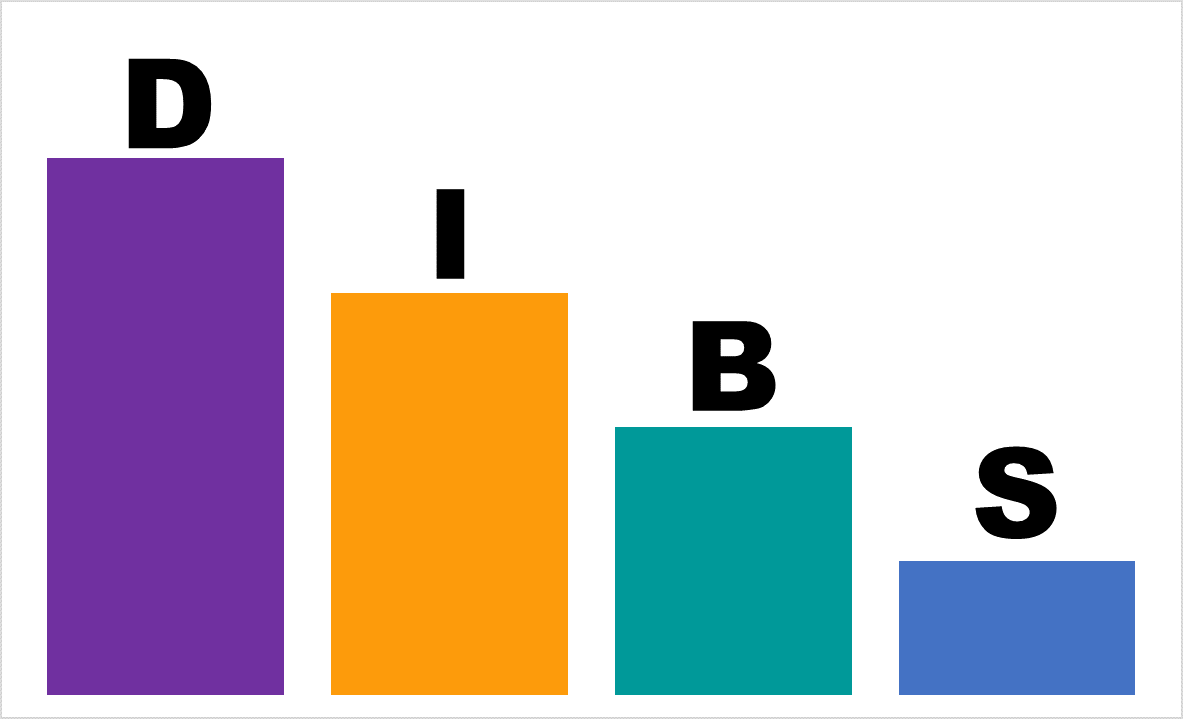DIBS FMN
Overview
|
This is a completed Faculty Mentoring Network (FMN). FMNs are sustained, immersive, community-based professional development opportunities for faculty. FMNs support the adaptation and implementation of materials and/or instructional approaches in their classrooms. Learn more about FMNs. Interested in upcoming FMN opportunities? Sign up for the QUBES Newsletter |
Goals
- Adapt and implement selected cases from a wide range of topics from introductory biology
- Adopt a DIBS approach throughout your introductory biology course
- Become a 2020 DIBS Scholar
Mentors
- Chris Paradise, Davidson College
- Laurie Heyer, Davidson College
- A. Malcolm Campbell, Davidson College
Final Products
Hemoglobin and myoglobin are two related proteins important in oxygen binding and transport to cells. However, unlike myoglobin, hemoglobin exhibits positive cooperativity in oxygen binding. Oxygen saturation curves and cooperative binding by hemoglobin i
This module synthesizes key findings from forested CO2 enrichment experiments over the last 3 decades. Students should have a basic working knowledge of climate change, ecosystem nutrient cycles and plant-fungal relationships to complete the assignment.
This resource accompanies the "How does blood carry oxygen?" chapter in the Integrating Concepts in Biology etext. Students evaluate the cooperativity of hemoglobin and adaptations to high altitude living.
Atmospheric Carbon Dioxide Data Analysis - Draft (1)
Version: 1.0
Students will be able to analyze real data to review basic statistics. Students will be able to work as a group to determine the best way to present their data.
Adler QUBES Resource DIBS Genetics and Race
Version: 1.0
Teaching notes and Presentation with Discussion Questions and Summative Assessment Data.
